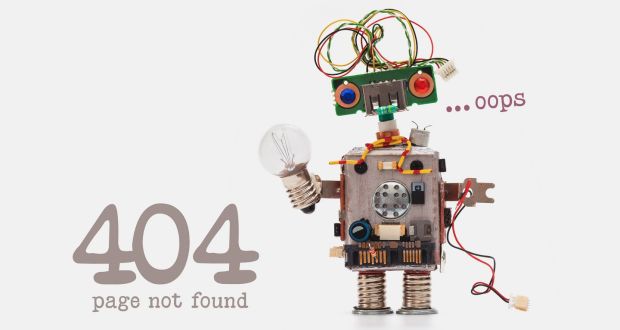As automation in the workplace increases, much has been said about the negative impact it will have on employees. It’s a transformation that worries many, but there is a view that automation will free up humans to work more on creative endeavors and will allow them to move away from the more mundane day-to-day tasks.
From self-service kiosks to AI-enabled manufacturing, we look at how automation will impact places of work, the sectors it will influence the most, and why.
There are some areas that are much more likely to be automated than others. These include warehouse and manufacturing jobs, customer service, research and data, haulage, and delivery services to name a few.
“The health and life-sciences sector remains the area we see the greatest opportunity,” says Owen Lewis, a partner with KPMG. “Our recent experience with Covid further underlines the need to drive greater value from automation, better and faster decision-making with AI and medical advancements that bring the doctor’s surgery to our mobile devices. This, in turn, will drive innovation in connected businesses such as manufacturing, logistics, and, importantly, government.”
Climate is huge on the agenda too.
“Automation and technology-centric innovation are set to play a significant role in the way the banks lend, who they lend to, the way in which these businesses operate, and the role each business has in achieving global carbon-neutrality commitments. There is no doubt digital, AI and broader automation will play a significant role on this journey,” Lewis says.
Blue-collar workers
Manual jobs in European manufacturing are being transformed as blue-collar workers take on more intellectual tasks, Eurofound, the European Foundation for the improvement of living and working conditions, has discovered.
“This is a consequence of the increasing use of digital tools and the growing importance of quality control in production,” a spokesperson said. “The severe losses of middle-paying jobs in the manufacturing sector during the economic crisis raised concerns about its future role and contribution to economic progress. However, not only has the recovery brought back employment growth in manufacturing, but there has also been a shift towards higher-skilled professional occupations, especially in machinery and equipment as well as motor-vehicle production.”
This upgrading of employment in manufacturing is further borne out by Eurofound’s latest report on the future of manufacturing in Europe, which looks at the types of tasks performed by workers on the job.
“We carried out case studies on five occupations within manufacturing: car assembler, meat-processing worker, chemical products machine operator, hand-packer, and inspection engineer. The case studies suggest that intellectual tasks involving information processing and problem-solving are becoming more common in manufacturing jobs where physical tasks traditionally predominated,” the spokesperson said.
One result from the organisation that should be deemed “reasonably credible” is that while the indirect employment effects are positive, they only marginally compensate the job losses; in the high-cost alternative they reduce the initial job loss of 13 percent to a net employment decline of 10 percent and in the low-cost alternative the reduction is from the initial 17 percent to a net employment decline of 16 percent.
Through all of this, there are risks and unintended consequences including the possibility for errors. Some examples include an automation tool used by a media organisation publishing a news article on an earthquake that happened in 1925, causing widespread panic. Another example includes a company’s automated pricing algorithm kicking in during an emergency and customers being charged incorrectly.
“There are cyber risks, vulnerable communities, biased algorithms. Our job as humans is to design and govern this innovation in a way that fosters great ideas but ensures that the right ethical and security lenses are constantly applied,” Lewis says.
“Every fabric of society is under a massive transformation as we speak. A brilliant outcome will be for each of our lives to be enhanced from the pace of automation by extracting the robot ‘the manual and often the mundane’ from inside the human, making work faster, more efficient, and more fulfilling. The risk is that we don’t design our future well enough for collective society, with the benefits all flowing through to a few large organisations,” he concludes.










